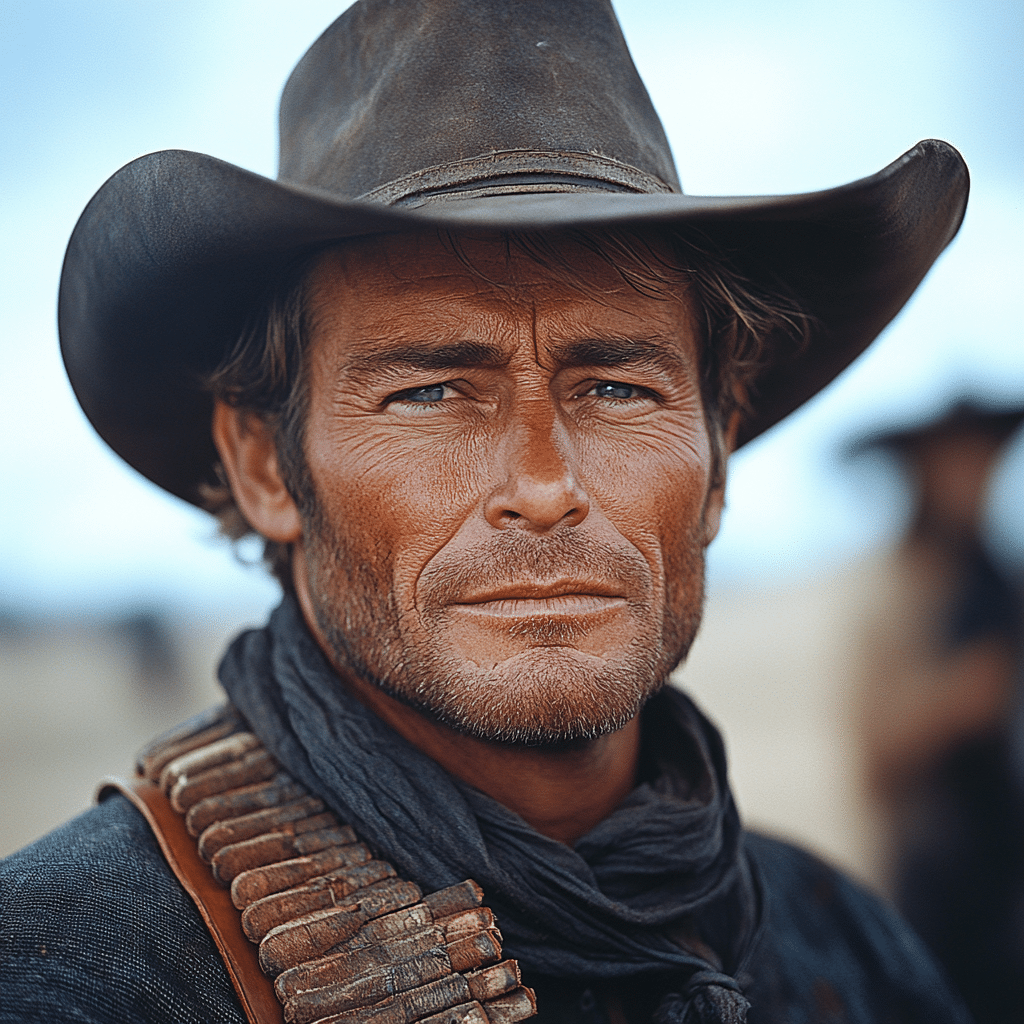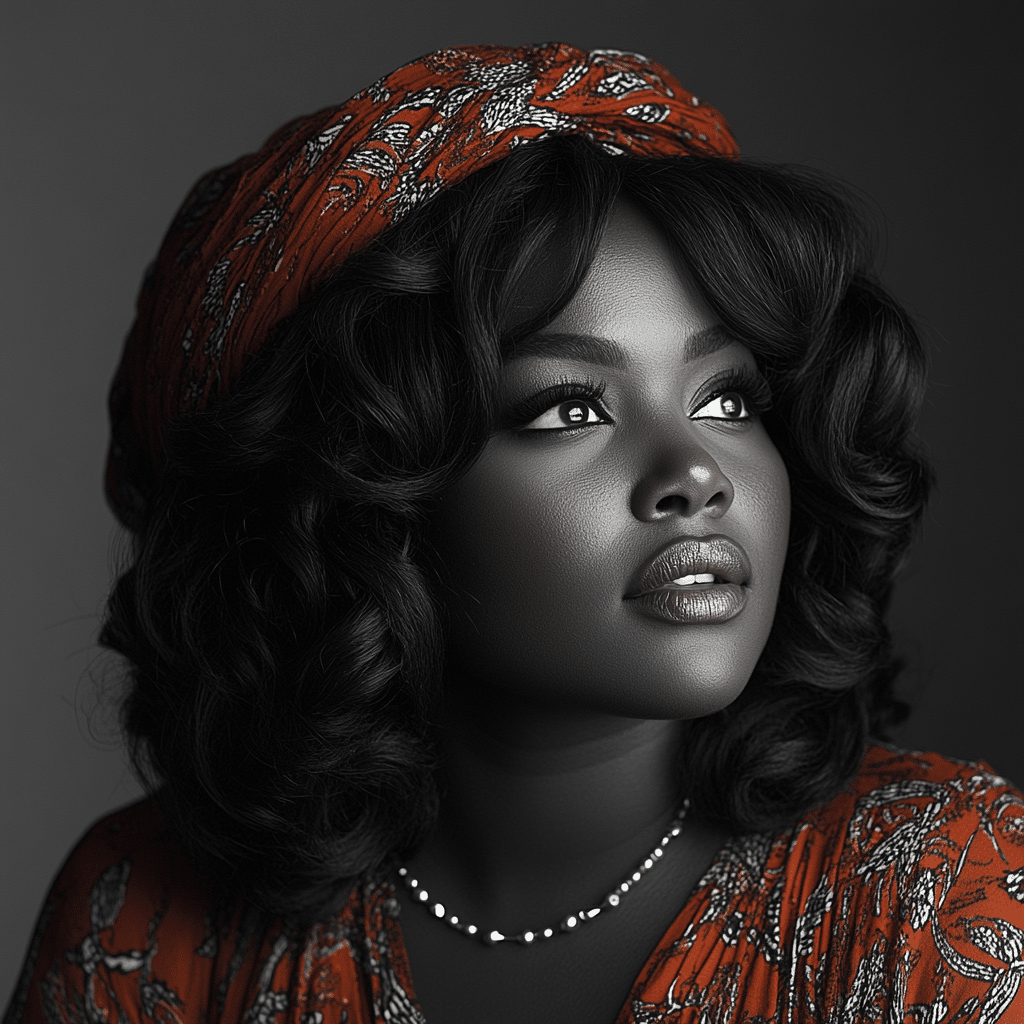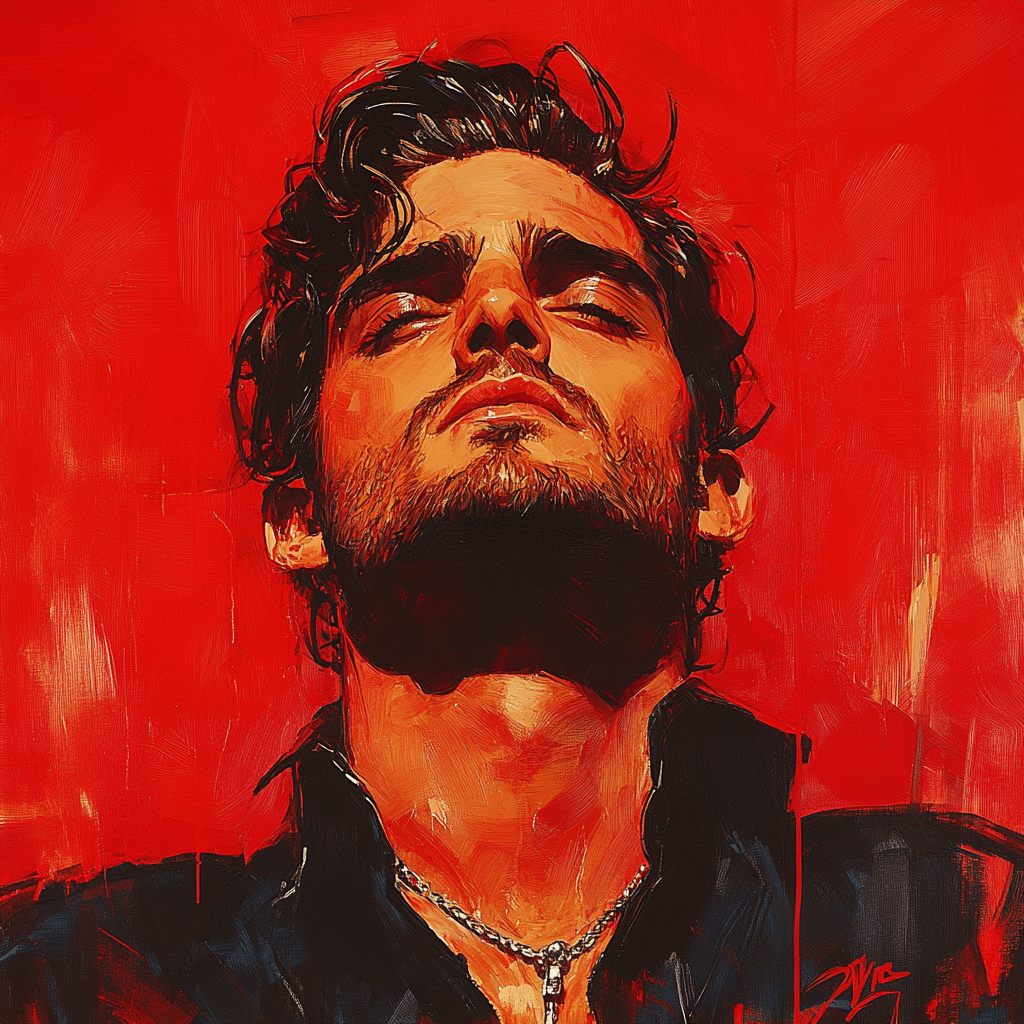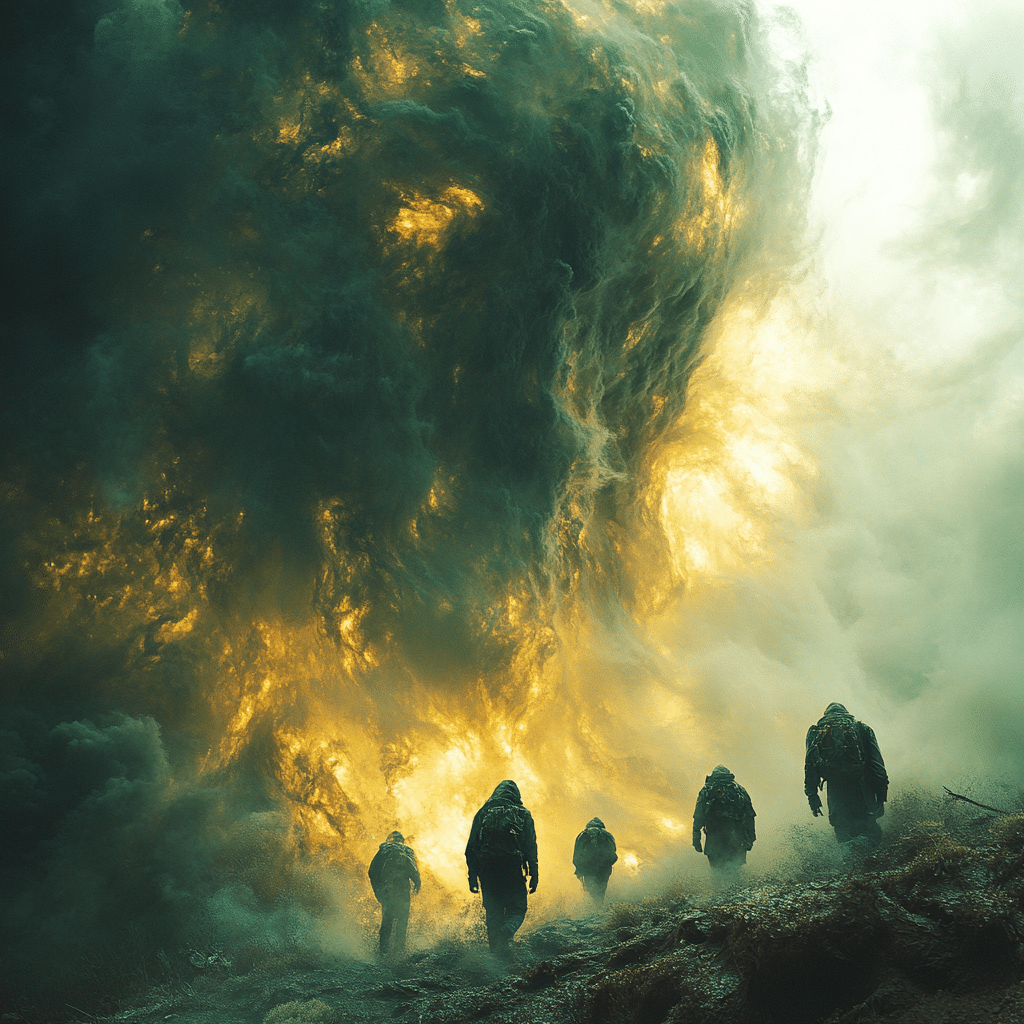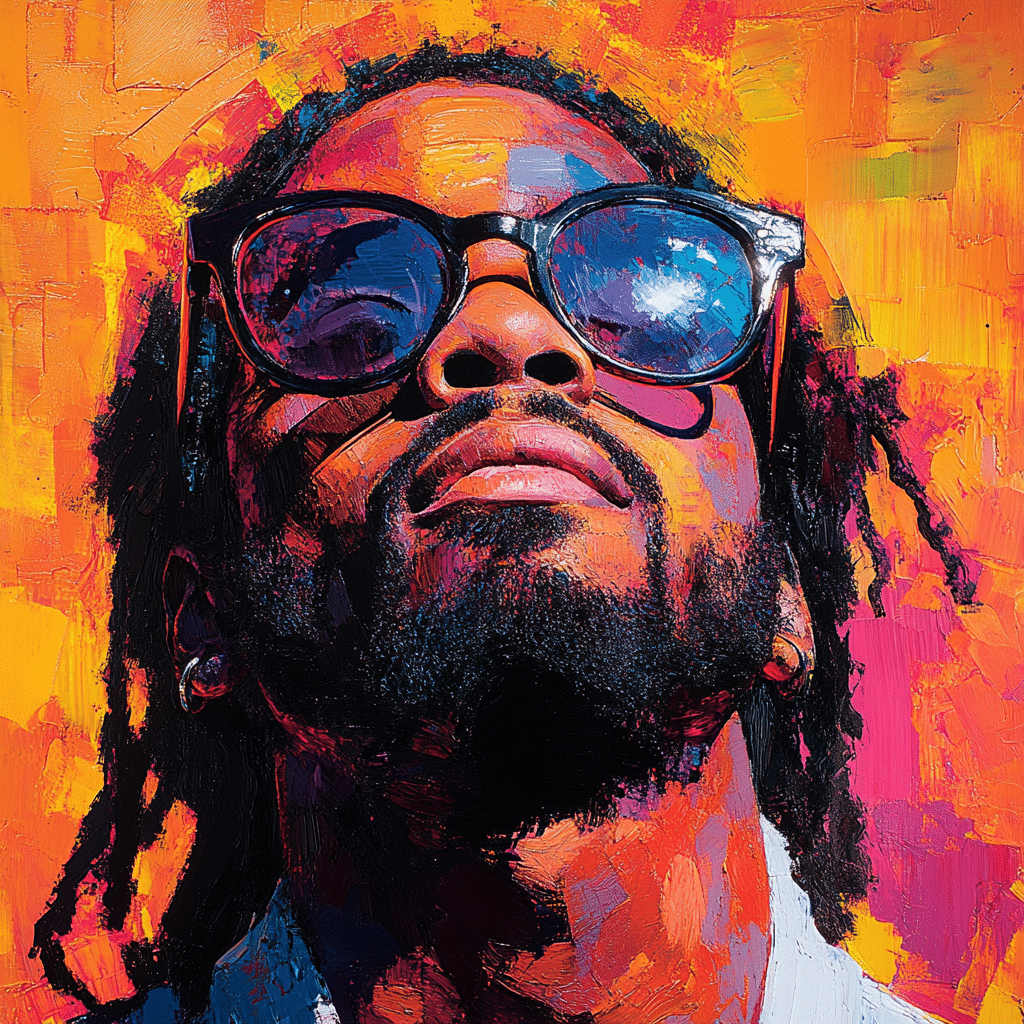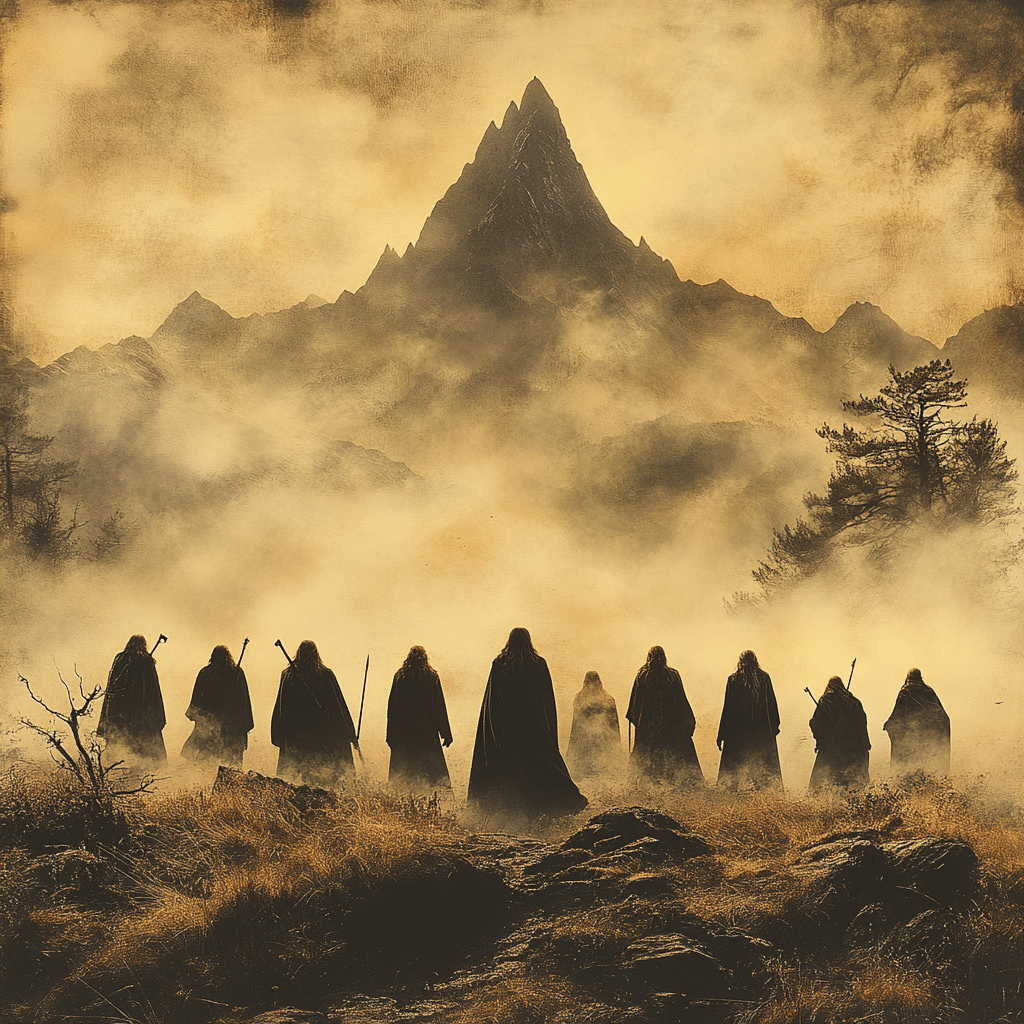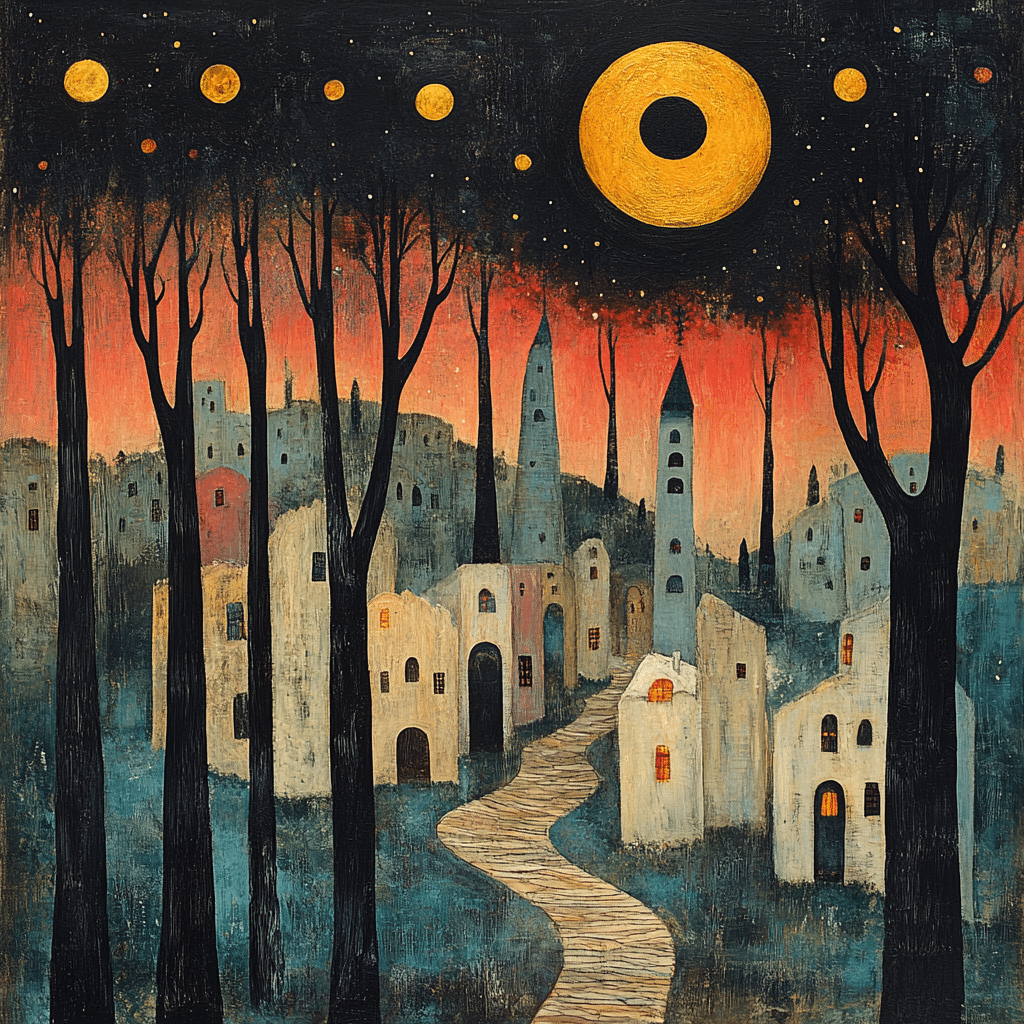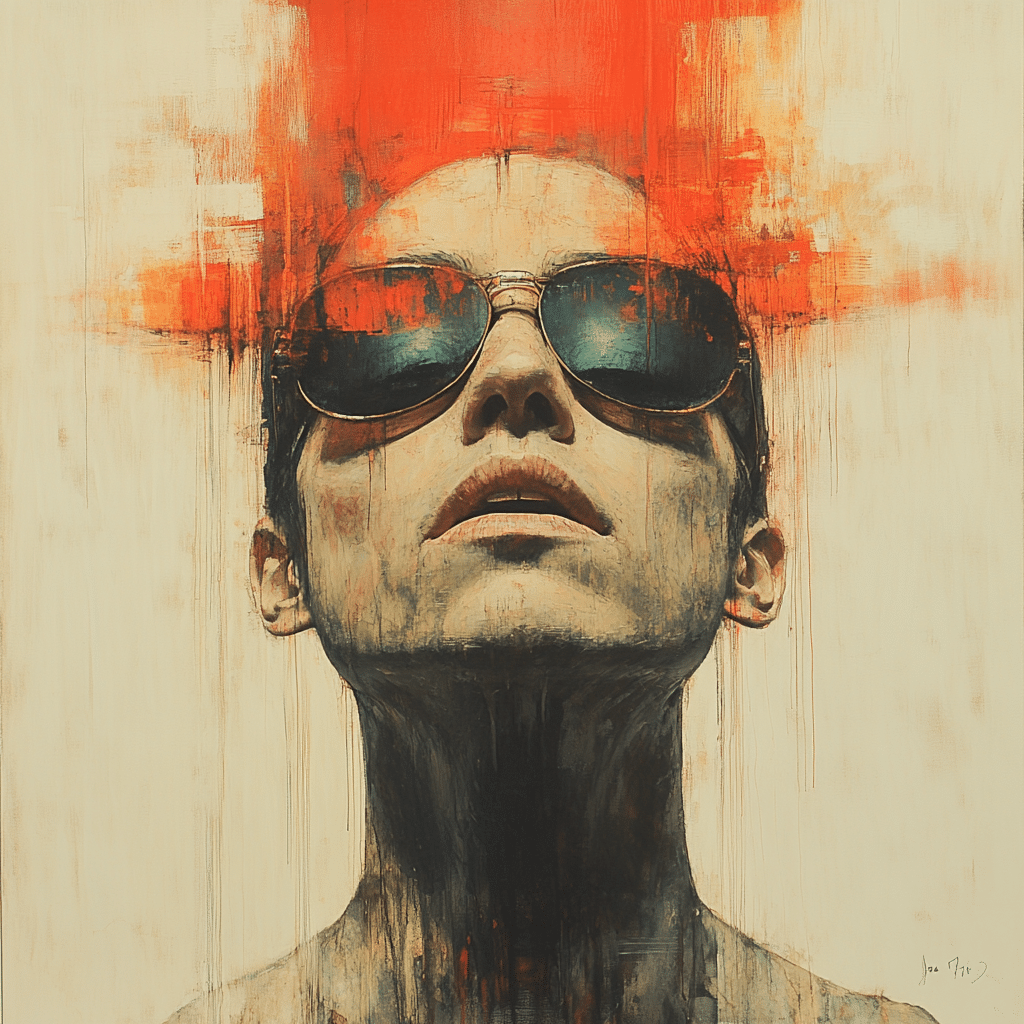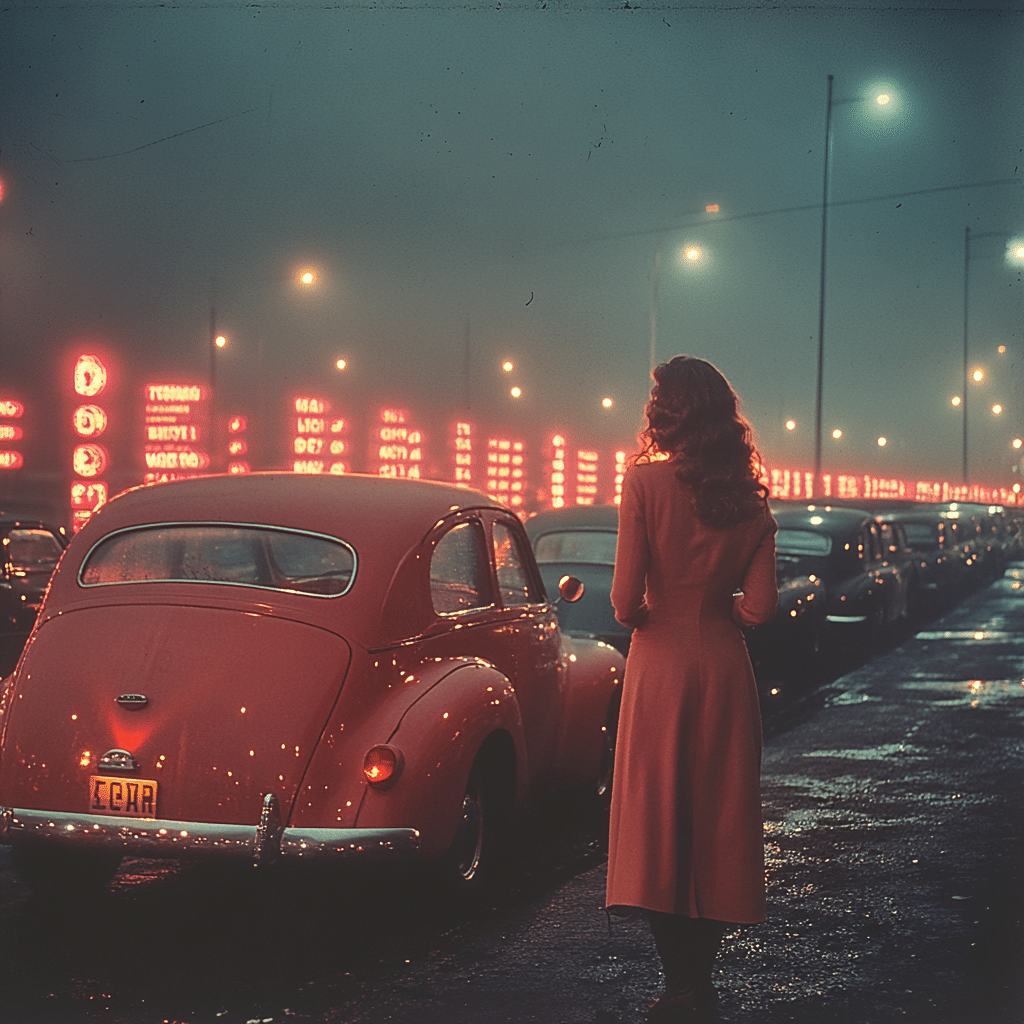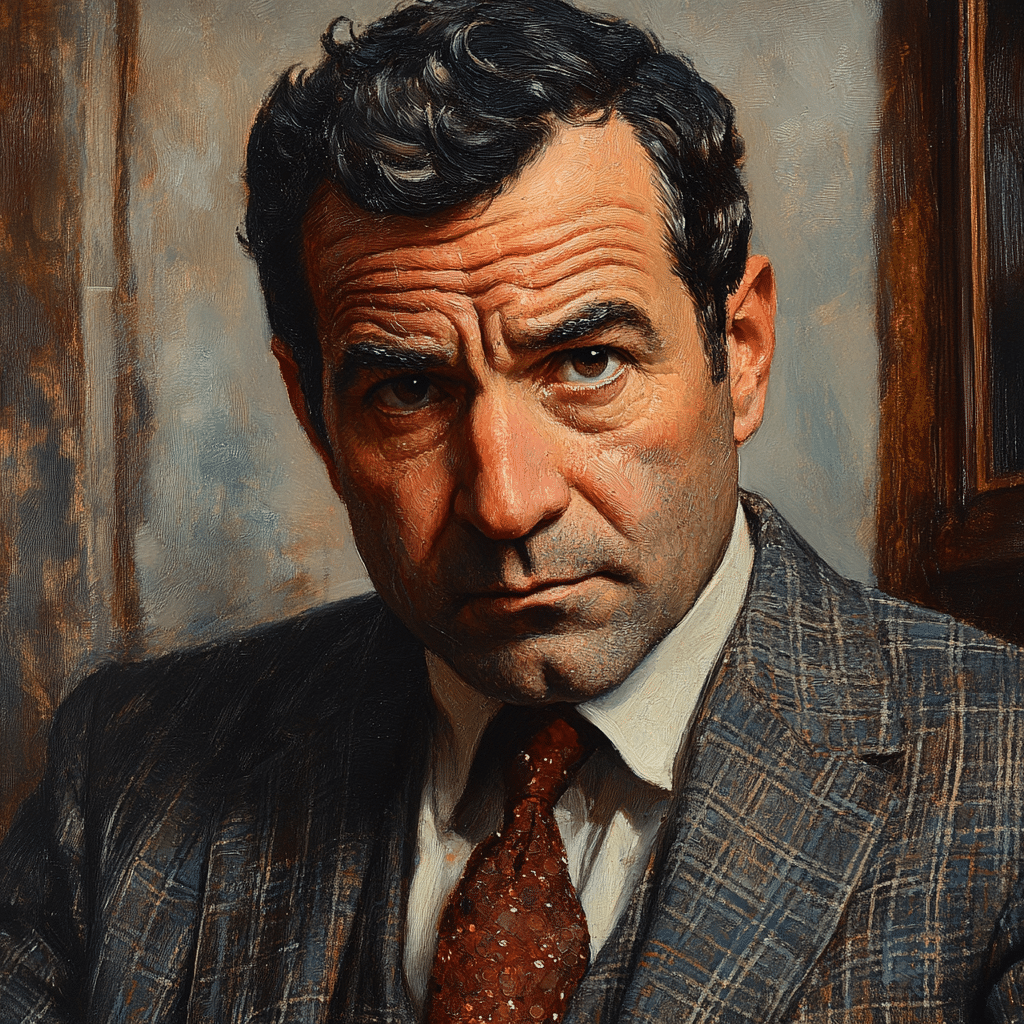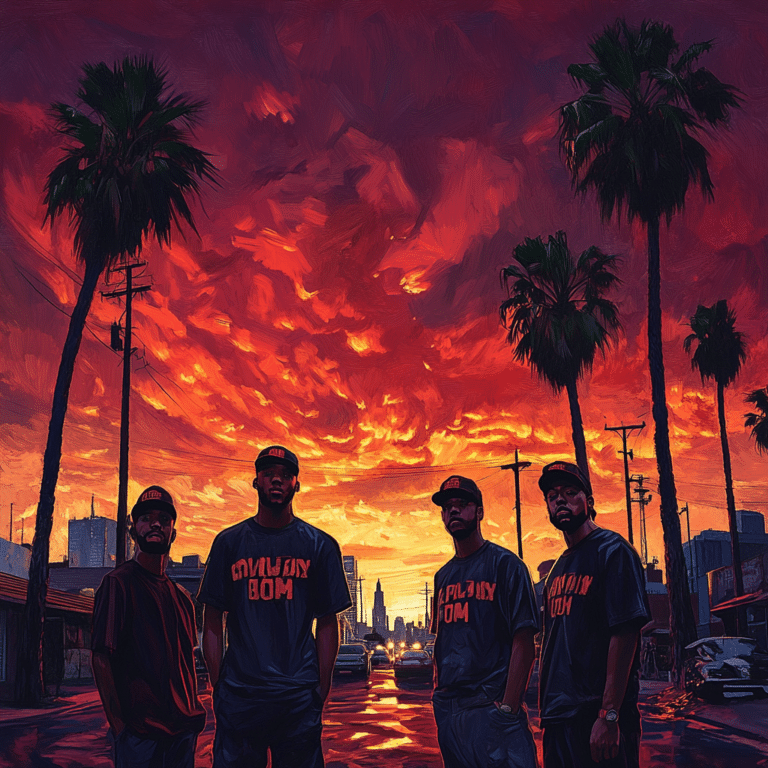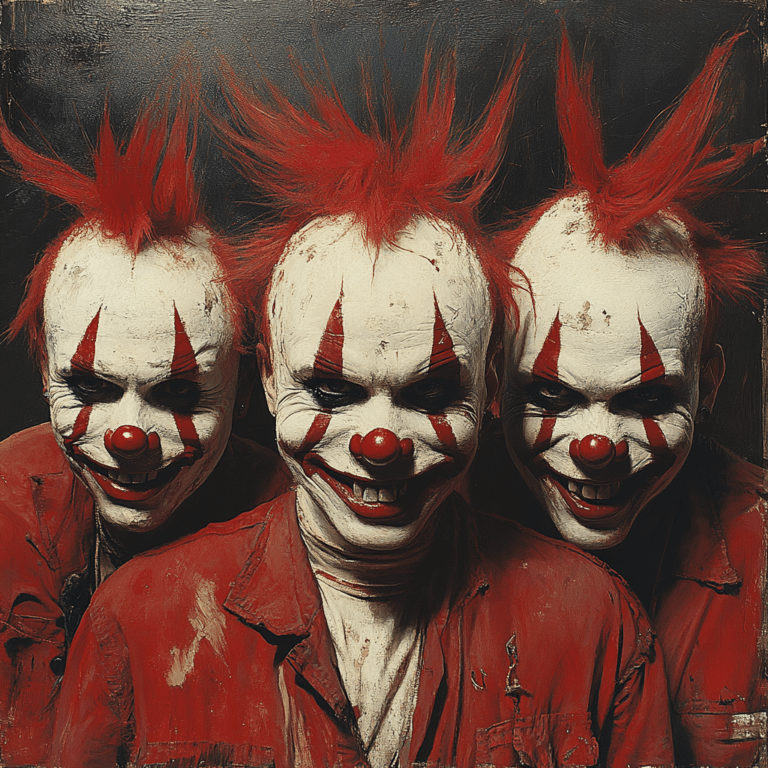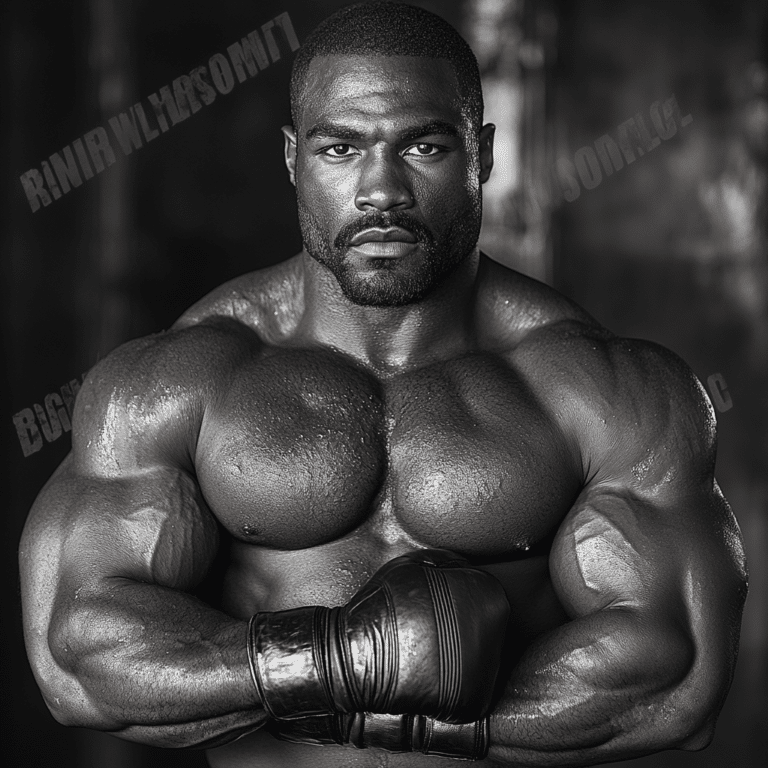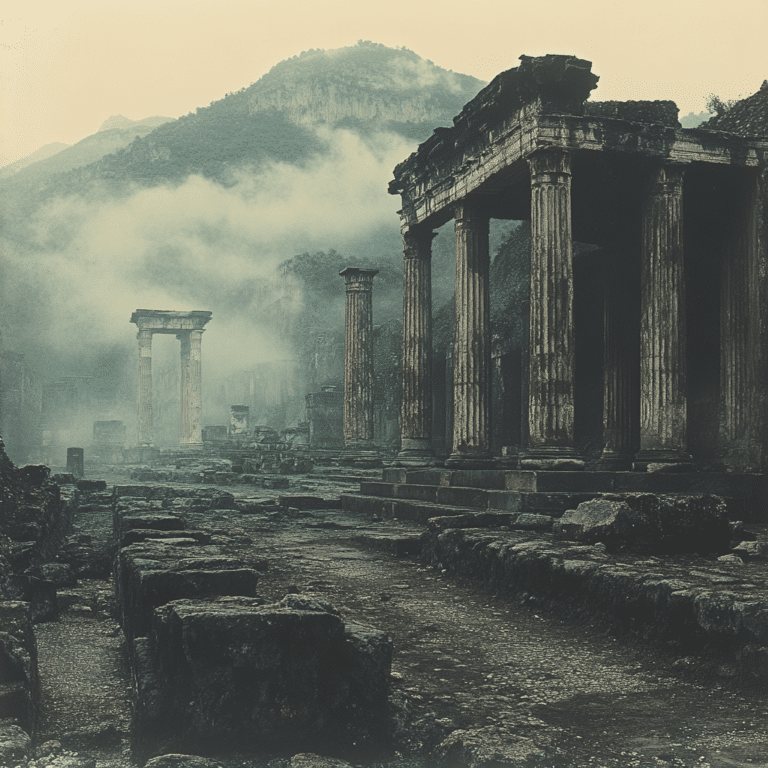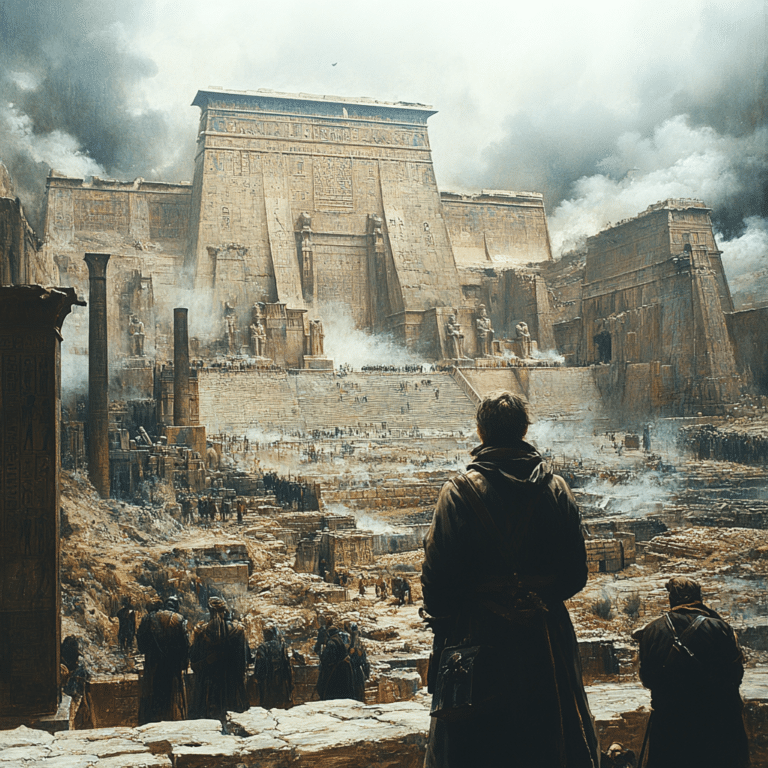In the pantheon of American cinema, few names evoke as much reverence and nostalgia as John Wayne. His john wayne movies define not just his legacy, but the very essence of the American spirit. With a career that spanned several decades, Wayne transformed from a B-movie actor into a symbol of rugged individualism, courage, and unwavering justice. Each film participated in building the archetypal hero that audiences across generations could look up to. Let’s take a closer look at key john wayne movies that not only marked significant milestones in his career but also shed light on American cultural values.
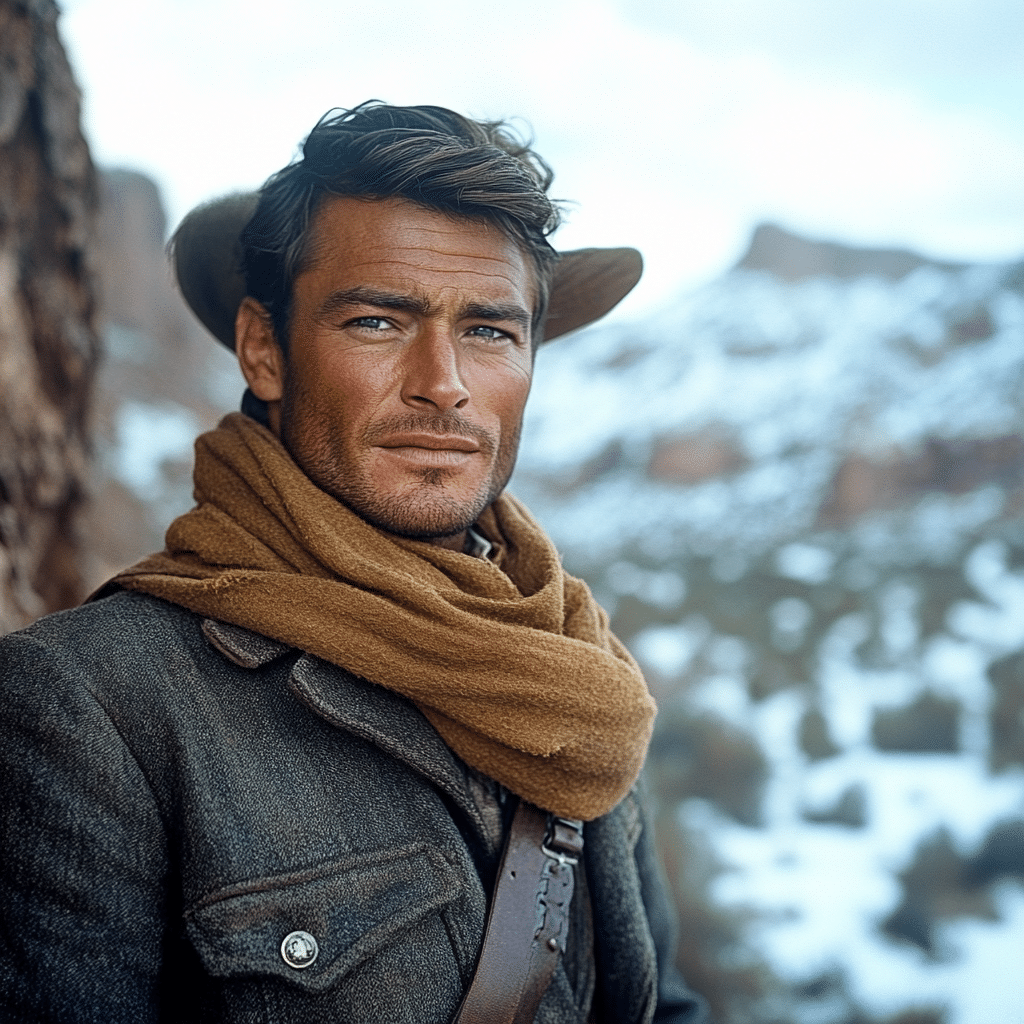
1. Stagecoach (1939) – The Birth of an Icon
“Stagecoach” is where it all began for John Wayne. This game-changing film directed by John Ford catapulted him into the spotlight, transforming him from a familiar face into a bona fide leading man. The film revolves around a diverse group of travelers on a perilous journey through dangerous territory. Wayne’s portrayal of the Ringo Kid established his iconic persona—a rugged yet principled cowboy who knows the value of right and wrong.
The innovative narrative structure of “Stagecoach” paved the way for future Westerns. It set a standard that we often see in modern storytelling, much like the emotional depth introduced in James Bond movies starting with “Skyfall.” Just like Bond, Wayne’s character faces not only external challenges but also moral dilemmas that test his character.
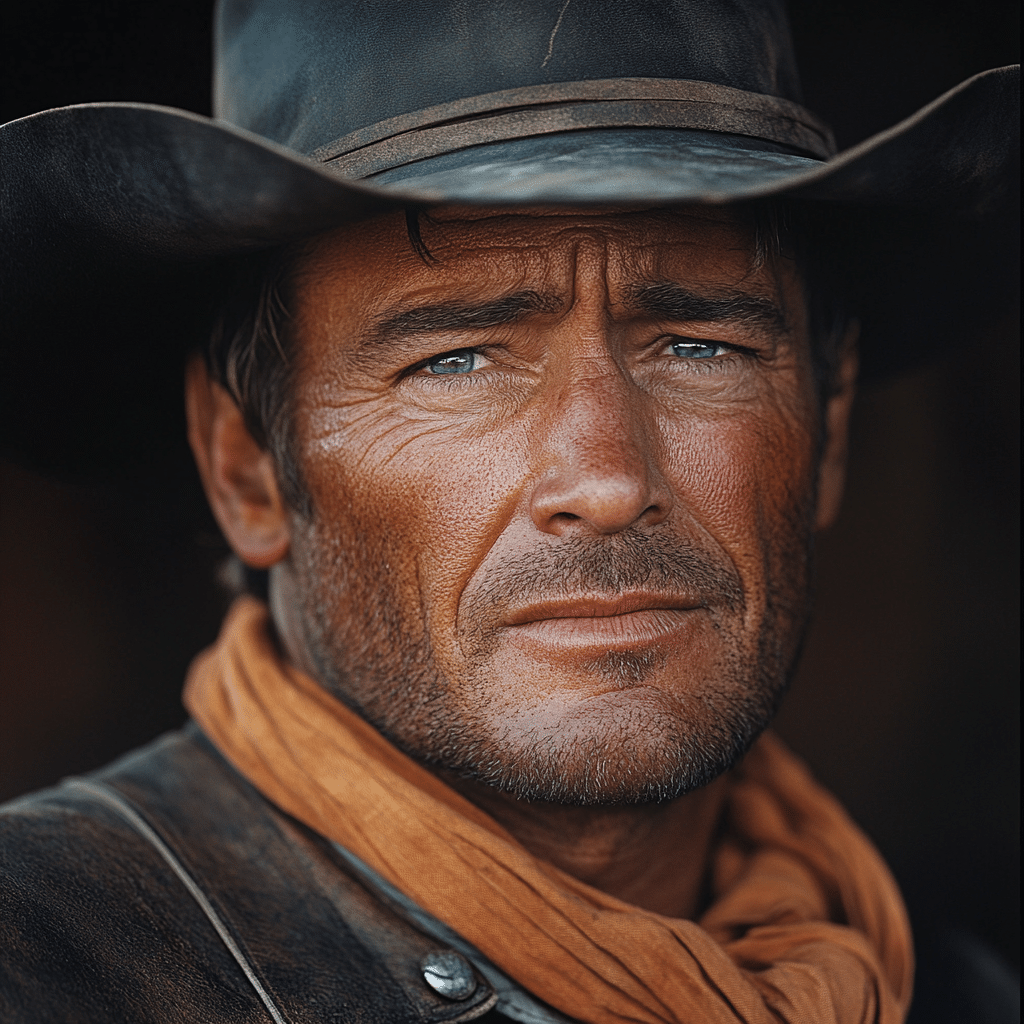
2. The Searchers (1956) – Complexity Beneath the Surface
Considered one of Wayne’s finest performances, “The Searchers” takes us down the difficult paths of obsession and vengeance. This film, again directed by John Ford, follows Ethan Edwards on a relentless quest to rescue his kidnapped niece from a Comanche tribe. While Wayne’s character appears as the traditional hero, the film dives deep into the more complex parts of the American psyche.
Wayne’s portrayal of Edwards challenges conventional notions of heroism. His relentless obsession reveals a darker side, reflecting deep-seated issues such as racism and revenge. This nuanced approach offers a stark contrast to the straightforward bravado found in Clint Eastwood movies, where the good and evil are often more black and white.
3. True Grit (1969) – The Grit of America
If you want to talk about a comeback, “True Grit” deserves a shout-out. In this late-career gem, Wayne won his first and only Academy Award for Best Actor. Playing Rooster Cogburn, a grizzly U.S. Marshal, Wayne brings life to a character marked by determination and resilience. The film showcases traditional American values fighting against overwhelming odds.
“True Grit” embodies the grit that is distinctly American, much like the moral battles posed in Quentin Tarantino movies. However, while Tarantino often wraps his humor and violence together, Wayne’s film stands tall as a more traditional exploration of good versus evil. It reflects a sense of integrity that still resonates with viewers today.
4. The Longest Day (1962) – A Testament to Valor
In the epic war film “The Longest Day,” Wayne embodies Lieutenant Colonel Benjamin Vandervoort during D-Day. This movie serves as a standout example of Wayne’s versatility and highlights American valor during World War II. His character epitomizes the brave yet flawed warrior archetype, much like characters portrayed by Harrison Ford in films like “Indiana Jones.”
By portraying real historical events, “The Longest Day” honors those who fought and sacrificed for their country. It’s an exploration of courage that resonates with veterans and history buffs alike. Just imagine the emotional weight behind a scene showcasing the determination and sacrifice of those heroes, mirrored in various john wayne movies.
5. The Quiet Man (1952) – Love and Identity
In an unexpected twist, “The Quiet Man” transports Wayne from the rugged West to the scenic Irish countryside. This film showcases his ability to adapt from an action hero to a romantic lead. Here, Wayne plays an American ex-boxer returning to Ireland to seek his roots, reconciling his past while navigating love.
The film presents a contrast to his typical roles and allows him to explore cultural identity and personal rebirth. The emotional depth found in “The Quiet Man” highlights Wayne’s multifaceted talent, similar to the intricate narratives we’ve seen in more modern romantic dramas. This movie is a testament to love that transcends borders and speaks to our universal desires.
6. McLintock! (1963) – Humor and Humanity
“McLintock!” takes a lighter approach, blending Western themes with superb comedy. Here we see Wayne delivering laughter while still holding fast to his iconic image. Wayne’s willingness to poke fun at himself adds a fascinating layer to his persona, making audiences warm to his character even more.
The humor present in “McLintock!” can be reminiscent of the James Bond movies when the series employs witty repartee to soften action-packed narratives. This film captures the humor and humanity that balances the heavier themes often present in john wayne movies, creating a beloved classic that stands the test of time.
7. Chisum (1970) – The Last Stand of the Old West
As the Western genre began to wane, “Chisum” remains an ode to Old West values. Playing the titular character, Wayne takes on the role of a principled rancher fighting against corrupt forces. The film reflects ongoing conflicts between tradition and rapidly changing society—similar to how Clint Eastwood’s character in “Unforgiven” represents the end of an era.
This movie resonates today, as themes of corporate greed and the fight for justice remain relevant. Wayne’s portrayal of the steadfast rancher makes it clear that the spirit of the Old West is woven into the fabric of American storytelling—something we see echoed in various popular films across genres today.
As we take a step back and enjoy the golden era of john wayne movies, it’s clear that these films are more than just entertainment. They capture an American ethos rich with bravery, complexity, and resilience. Wayne’s characters often embody traits we admire in heroes, while simultaneously revealing the nuances and contradictions of American history. So, whether you’re in the mood for heroism, romance, or even a good laugh, there’s a john wayne movie waiting to fill that need.
In the end, Wayne doesn’t just live on in the john wayne movies we adore but in the lessons and stories that continue to shape American cinema. So, pop some popcorn, kick back, and enjoy these legendary films that refuse to fade from our collective memory.
John Wayne Movies: A Journey Through Americana
The Duke’s Iconic Roles
John Wayne movies have left an indelible mark on American cinema, showcasing the rugged individualism and spirit of the American frontier. Did you know that Wayne’s famous role in “True Grit” nearly didn’t happen? Originally, he was deemed too old to play Rooster Cogburn. Still, his determination and charisma won over audiences, and he snagged an Oscar for it, proving that age is just a number. Speaking of age, there’s quite a buzz around generational entertainment, with the recent hype surrounding the new Hunger Games movie stirring nostalgia for the classics like Wayne’s Westerns.
A Star-Studded Legacy
Wayne was not just a cowboy on screen; he also worked with some legendary talents. For instance, the cast of “Pearl Harbor” featured some big names in Hollywood just like Wayne had alongside his contemporaries. Interestingly, not many know that Wayne’s career was once advised by actor Abraham Benrubi, who noticed the hard-working actor’s dedication to perfecting his roles. From epic battles to heartwarming stories, John Wayne movies capture the essence of his star power, much like the dynamic ensemble of the Dirty Dancing cast that brought their film to life.
Fun Facts and More
Here’s a fun tidbit: Wayne was a boxing fan and often enjoyed watching heavyweight bouts. He’d get a kick from events like Ngannou Vs Ferreira, relishing the thrills of competition. Additionally, Wayne’s influence stretches even into unexpected areas. Cupping, popular among athletes today, has roots in wellness practices he once promoted. For fans of classic comedy, the charm of the Little Rascals reminds us that while Wayne’s movies may cover serious themes, they still capture that light-hearted American spirit. As his films continue to inspire new generations, we’re reminded that the stories of the past resonate firmly in the present, much like the journey of other iconic figures such as Evgenij Voznyuk in contemporary cinema.
